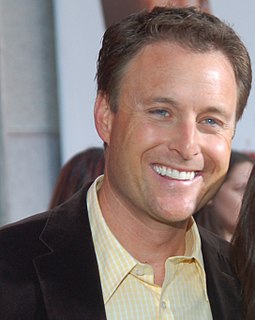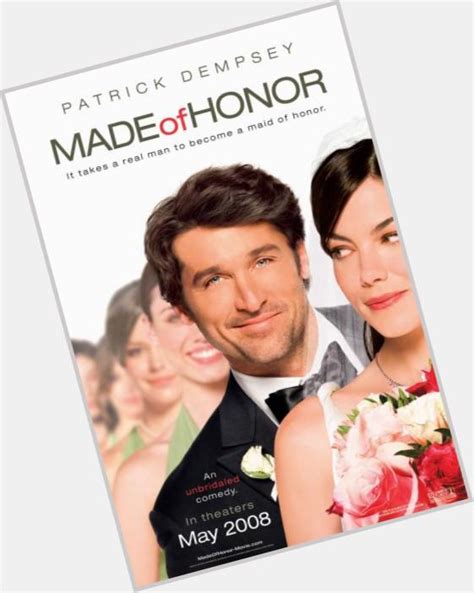A Quote by Diane Cilento
If you were in the film industry at that time, you were always picked up by directors who were much older. You were whisked about and shown things. I did work very hard though.
Related Quotes
I was brought up by a Victorian Grandmother. We were taught to work jolly hard. We were taught to prove yourself; we were taught self reliance; we were taught to live within our income. You were taught that cleanliness is next to Godliness. You were taught self respect. You were taught always to give a hand to your neighbour. You were taught tremendous pride in your country. All of these things are Victorian values. They are also perennial values. You don't hear so much about these things these days, but they were good values and they led to tremendous improvements in the standard of living.
We thought that the odds of things working OK were up in the upper 90 percent or we wouldn't have gone. But the - there were some problems cropped up on the flight but was able to take care of those OK and - although they were things that we hadn't really trained that much for. But it was the time of the Cold War and so there were was a lot of pressure on the - to get going and the Russians were claiming that they were - Soviets were claiming they were ahead of us in technology.
I didn't have a fraternity-like experience. I mean, I grew up with an older brother and a lot of male cousins and we were very physical with each other. We were very rambunctious when we were kids. But I never thought much - nor did I have reason to think much - about institutionalized hazing. But I think there's a reason young men are drawn to it.
The bottom feeders of the entertainment industry were never invited to presidential inaugurations. The bottom feeders of the entertainment were never used as fundraisers for presidents of the United States. They were ignored. There was always a line. They were always there, and they were always who they were, and they always did what they did. The bottom feeders have now become the standard. That's what's different.
We were fortunate at that time we were working with Virgin, and with Flood, probably more well-known as Brian Eno's engineer now and U2's producer, etc. Even though we weren't working in a strictly popular music area, which was great, we were lucky enough to work with people who were on the cusp of those sort of things.
It just struck me as really odd that there were all of these conversations going on about what young women were up to. Were young women having too much sex? Were young women politically apathetic? Are young women socially engaged or not? And whenever these conversations were happening, they were mostly happening by older women and by older feminists. And maybe there would be a younger woman quoted every once in a while, but we weren't really a central part of that conversation. We weren't really being allowed to speak on our own behalf.
Did you know that Nuremberg courtroom was designed so that the Allies could project movies during the trial? And, also so that they could film the trial? The first movies that were shown were prepared by John Ford - a compilation of material from the liberation of Bergen-Belsen and Dachau. But here comes an interesting part. Did you know they lit (using fluorescent tubes) the defendants so they could be filmed watching the films that were shown during the trial?
In fact, [Bernard Leach] was several generations removed from us. At that time we were there, I think Alix [MacKenzie] and I were 26 and 28, and Leach was about 63, and we thought he was a very old man. I used to always want to help him up the stairs in the house for fear he'd fall. Actually, he was in excellent condition and lived to be much, much older than we ever expected.
Not to get too deep, but I was brought up by these women who if you wanted to label them, maybe they were feminists, but you know what? They never asked for that or wanted it and they never got up on a soapbox and spoke about it, they just did it. They did their work, they did their jobs, they were who they were.




































